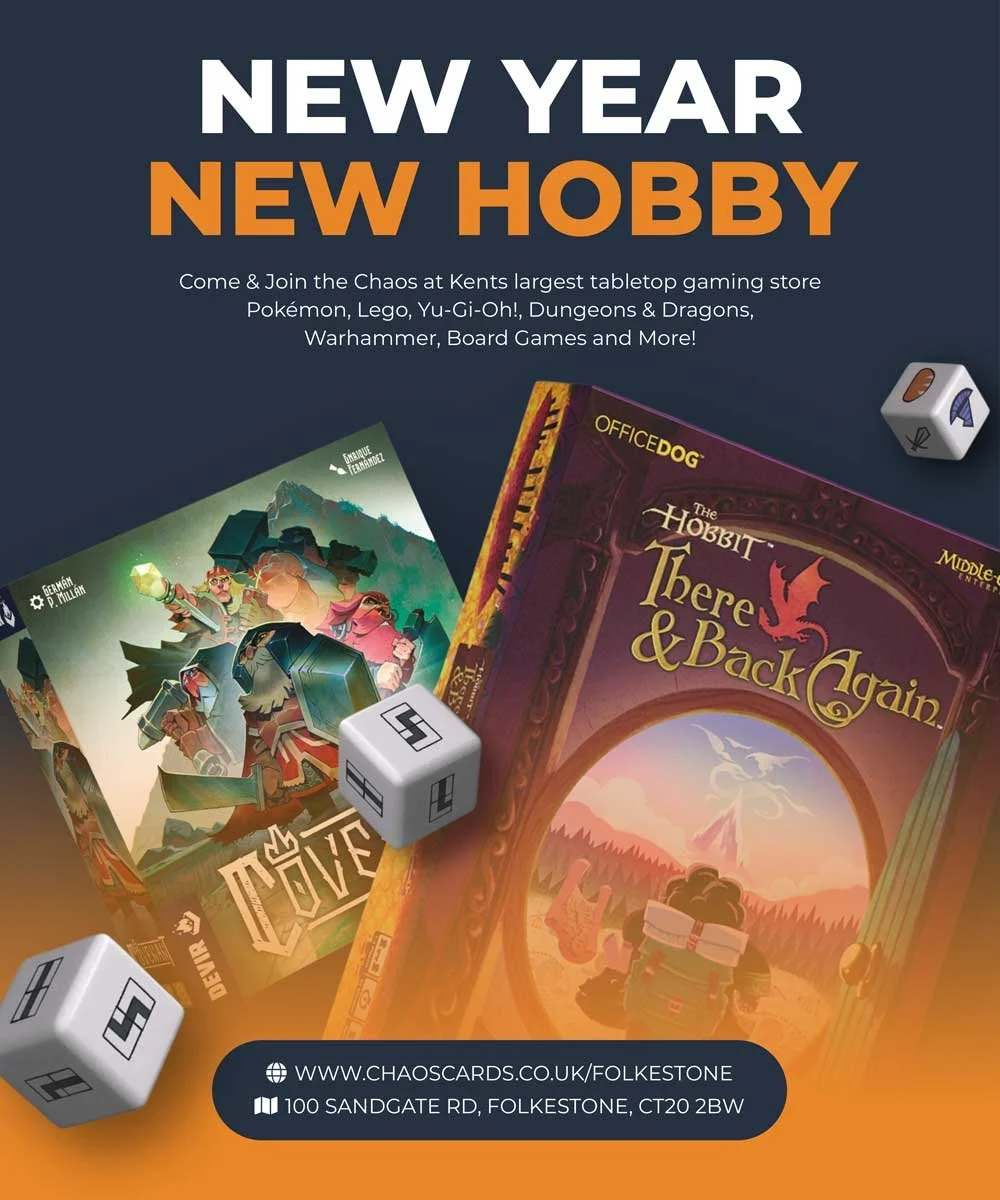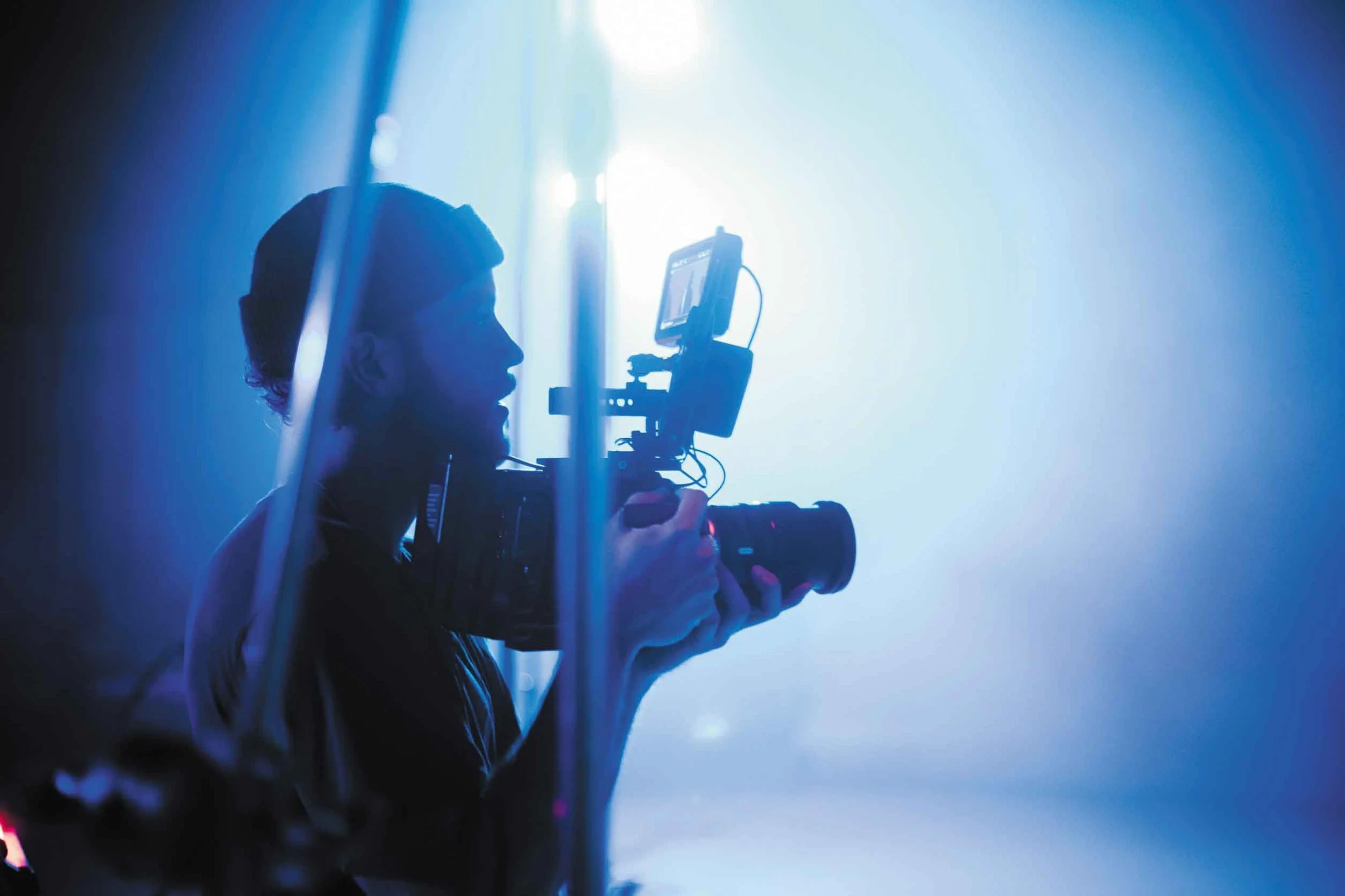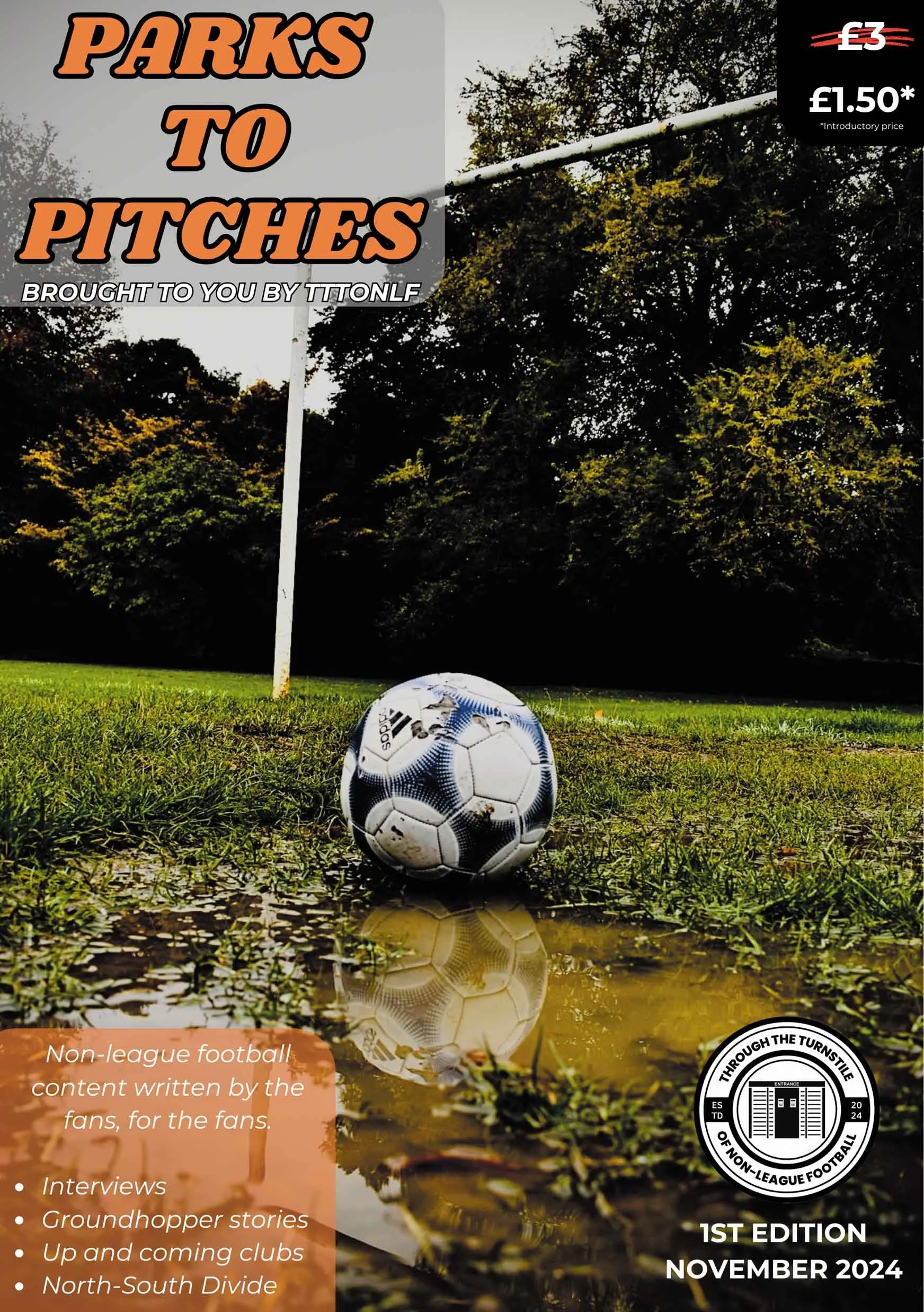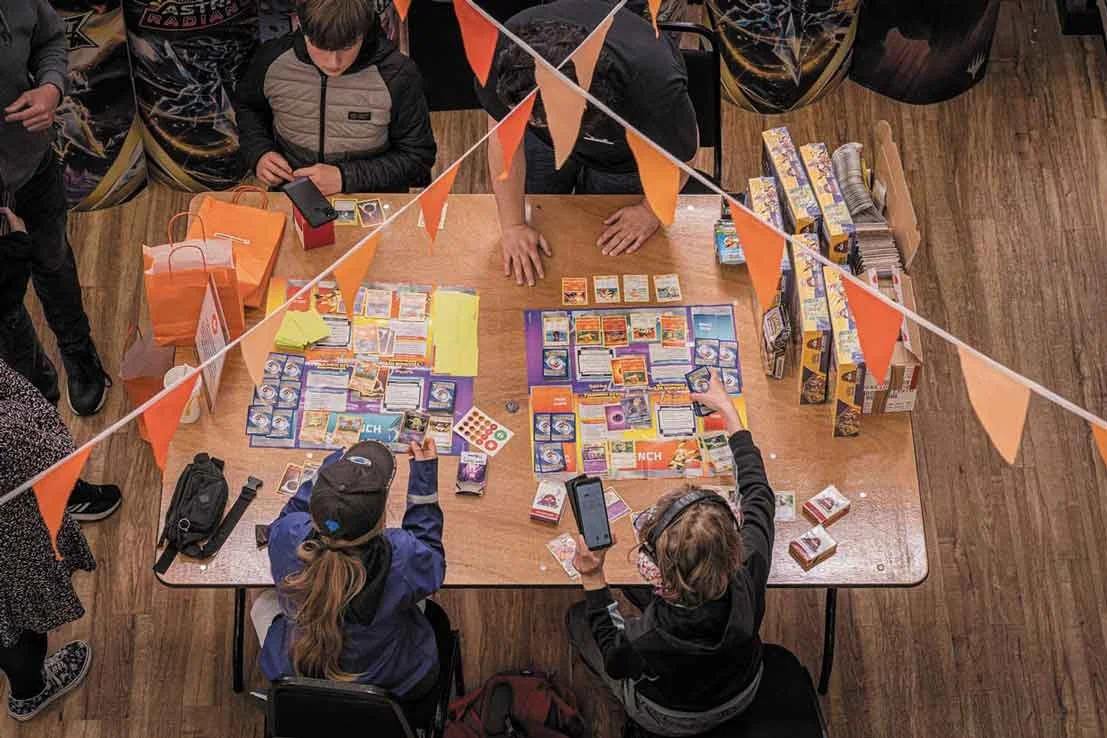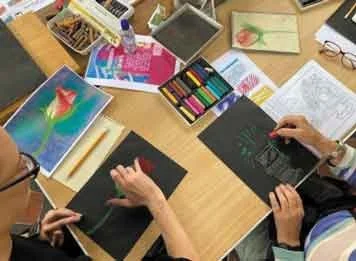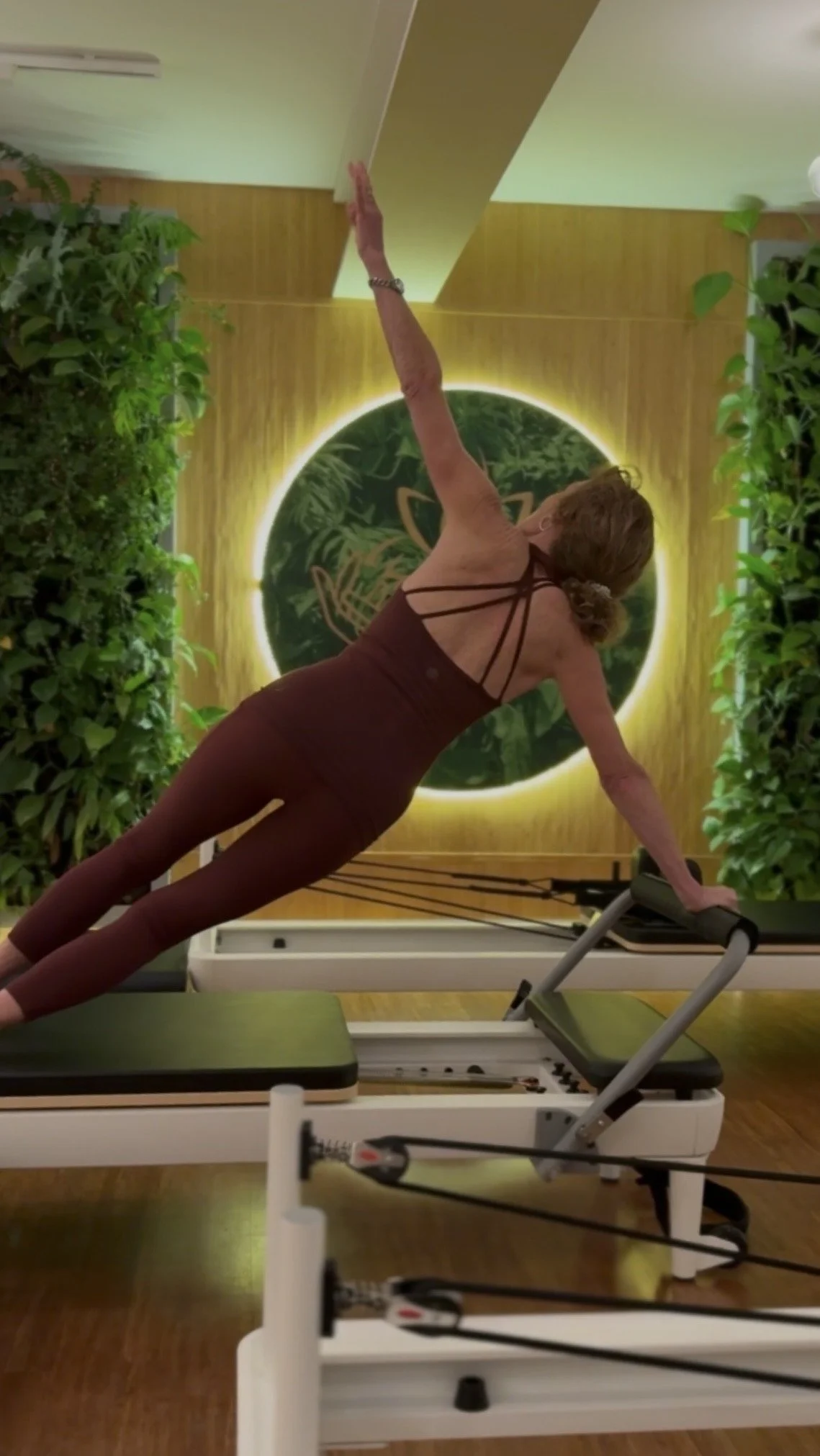Interview: Charlie Phillips on Folkestone Documentary Festival 2024
Oscar-winning Folkestone Documentary Festival co-founder Charlie Phillips on the 2024 programme and whether it’s a golden age for docs
“We’ve got this brilliant documentary festival that really punches above its weight for what is a small-town film festival. I think we’ve got a kind of national profile that people are quite proud of.”
Just two days after moving to the Kent coast, with the intention of escaping from his work with documentaries, Charlie Phillips founded the Folkestone Documentary Festival (@folkestonedocfest).
“I went to meet up with James Collie, who I already knew, because he was a documentary distributor,” says Charlie. “He’d started doing screenings in Folkestone. And he said to me ‘Oh, do you want to set up a documentary festival?’. It seemed like a fun idea and I basically broke my commitment to not getting involved in anything within 48 hours.”
After a Covid delay, the very first Folkestone Documentary Festival took place in September 2021 and has gone from strength to strength, with the 2023 event welcoming more than 1,800 visitors.
“It has really resonated with people,” says Charlie. “We have grown the audience and I think people have loved the documentaries that they’ve seen. I think they love being able to discuss them and meet filmmakers.”
An independent film enthusiast, Charlie finished university and immediately looked for a way into the industry, taking up junior roles in running and production on small artist films before completing a Masters in the history of film at London Birkbeck.
“It was through that I just really got to know documentaries a lot better,” he says. “Getting really deeply into experimental film, I realised that a lot of the stuff that I liked was basically factual.”
Taking a position at FourDocs, the pre-YouTube user-generated online documentary platform from Channel Four, Charlie got to know a lot of people in the documentary industry and headed off to film festivals across the world before eventually moving to Sheffield DocFest.
“I just really loved the idea of working for Sheffield because at that point it was just really on the rise as this big, amazing, creative festival,” says Charlie. “The bit I was responsible for was the pitching forum, which is sort of the bid for documentaries that are looking for funding. So I learned everything about how docs get funded, business models for documentaries and production companies and got to know every sort of funder and commissioner in the world.”
Another move saw Charlie take up the position as head of video at The Guardian, developing its strand for short documentaries of under 40 minutes.
“The mission there was to kind of take on the spirit of The Guardian, and the kind of journalistic storytelling heritage, at a time when The Guardian was expanding massively into loads of other areas like podcasts and immersive,” says Charlie. “We did some political docs and journalistic docs but, for me, it was always all about telling the stories of people.”
Heading up video across the genres of news, culture and sport, Charlie oversaw hundreds of productions acting as commissioner and executive producer while also helping with logistical challenges such as distribution and festival releases.
“It was a massive range from kind of classic journalistic talking-head docs to very refined observational docs with barely any dialogue and sometimes without even a recognisable story but where you’d get immersed in the world of a person and a place.
“I’m really proud of everything we did there. We won an Oscar, we won a BAFTA, and an Emmy, which is pretty cool.”
After eight years, Charlie headed into the world of freelance and is currently working on a slate of five different films as well as offering training programmes for digital creativity organisation Screen South, which is also based in Folkestone.
THE FESTIVAL
With streaming platforms seemingly releasing a high-profile documentary every week, you could be forgiven for thinking that this is the golden age of documentary - and perhaps it is for the few.
“The whole time I’ve been working in documentaries, people ask about it being a golden age. From one angle, it is… they’re definitely higher-profile than they’ve ever been, but it’s certainly not a golden age in terms of the funding available - that’s a total disaster at the moment.
“In a way, documentaries have become a victim of their own success because some of them have blown up so much, but it’s a very specific kind of documentary. If you’re making something about a celebrity, or true crime, then it’s a boom time for you.
“But most documentary-makers aren’t making that kind of work and they’ve been quite squeezed out. But then, on the positive side, the quality of documentaries is just incredible at the moment, despite all the restrictions, and despite the fact people aren’t really paying themselves. I think the quality of work is just amazing.”
The world of documentaries is much like that of the current music industry: there is a top 1% who earn a living (and more) from it, while most just do it driven by passion.
“It’s the same in visual art as well,” says Charlie. “There’s the 99% who are really struggling, but you just keep on making the work. I do think it is way more accessible to make a documentary than it’s ever been before. The cheapness of the equipment and editing software, and the familiarity that people have with what a documentary looks like. So, you know, that’s a good thing.”
Using their industry contacts, festival founders Charlie and James have managed to bring some of the brightest stars on the international documentary scene to Folkestone, which has helped it achieve a higher profile than perhaps it might have done after just three years.
In 2024, the festival will run across three days, opening with a big film and party at the Silver Screen cinema.
“We’ll have a sort of industry day on the Friday, which is for filmmakers to come and learn about opportunities in the industry and meet funders and meet other directors and producers,” says Charlie. “That’s really aimed at developing the local industry.”
Of course, there are films across every day of the weekend, with drinks receptions at bars and venues around the town.
“On the Sunday, we also have a communal walk through the countryside around Folkestone, which then culminates in the communal meal, which we did outdoors last year. It was basically like a massive documentary picnic for people to get together and just chat about films they’ve seen and get to know each other a little bit.
“For the screenings we usually show a short and then a feature. And we’ll get the filmmakers of both, either there in person or on Zoom.
“Again this year, we’ll have an immersive media exhibition in one of the local galleries. Last year it was a virtual reality exhibition. So we’re sort of expanding into a few different formats.”
While attracting film enthusiasts from across the South East, the festival also offers opportunities for locals to get involved.
“We have had like a couple of shorts by local filmmakers. Last year, we also started the filmmaking challenge, which we’re repeating this year and is an opportunity for anyone to make a short documentary, whether they have no experience or loads of experience. You have to be from Folkestone, Hythe or Romney Marsh. And then they get shown at the festival and we award two prizes - Best Film and Best Environmental Film.
“Last year it was won by a 10-year-old who made this amazing film about protecting snails, which is really lovely.”
For people looking to discover the amazing array of documentaries, Charlie recommends 2023 Smoke Sauna Sisterhood - an Estonian film that follows a group of women who share their innermost secrets while in smoky forest saunas.
“It just shows the real breadth of what a documentary can be,” he says.
The film that got him into documentaries was called Gallivant (1996), by Andrew Cotting from St Leonards in East Sussex. “It’s a road trip around the coast of Britain with his grandmother and his daughter. And it’s a kind of bonding between all of them but just also a brilliant picture of coastal eccentricity.”
● Folkestone Documentary Festival takes place from Thursday 17th to Sunday 20th October, 2024.


